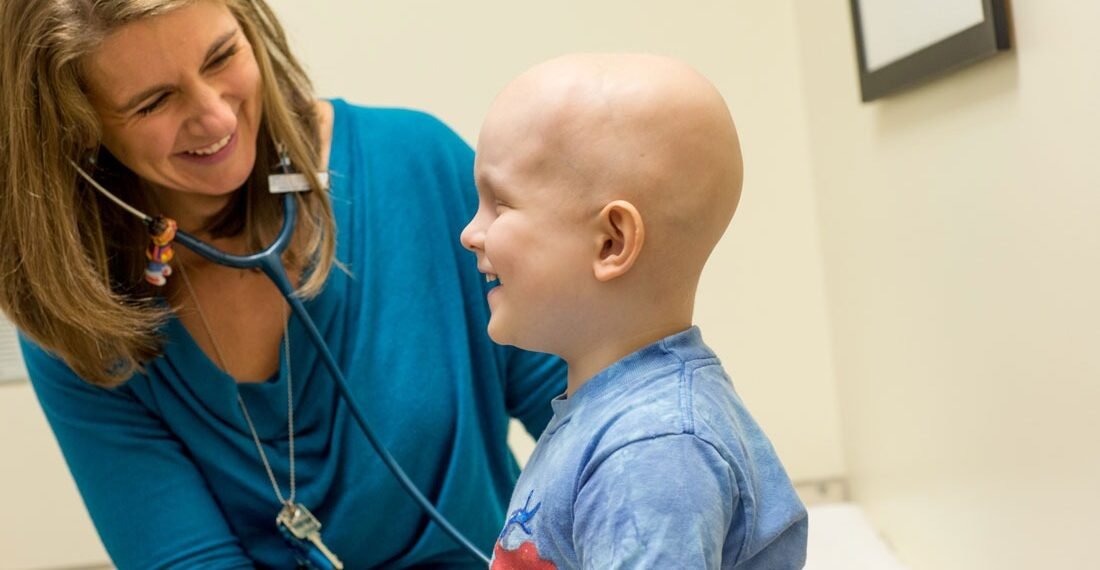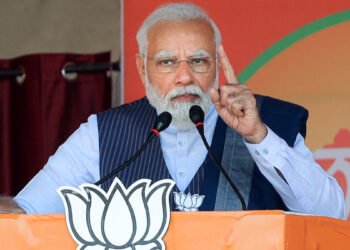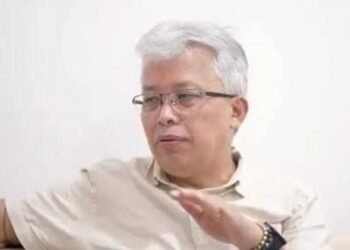An increasing number of children and young adults are receiving diagnoses of brain tumors, a condition previously believed to mostly impact the elderly.
In recent years, physicians throughout India are observing a troubling trend: an increase in brain tumor cases identified in children and young adults in their 20s and 30s, with many being diagnosed too late for effective treatment.
Although many instances remain unclear, physicians assert that heightened awareness, prompt medical care, and attentive parenting can mitigate this concerning trend.
Symptoms frequently resemble common illnesses
“While brain tumors occur more frequently in adults, even young children can be impacted by this condition. The National Brain Tumor Society states that around 5.7% of all primary brain tumors happen in children and teenagers between 0 and 19 years old. These tumors can be either benign or malignant, but prompt medical attention is essential,” Dr. Anurag Saxena, a neurosurgeon at Manipal Hospital stated.

Dr. Saxena points out that unusual skull development in infants can be an initial indicator, while older kids might exhibit signs such as seizures, extreme crying, lack of responsiveness, or vision problems.
For adolescents, ongoing headaches, lightheadedness, nausea, or difficulty with coordination may suggest the existence of a tumor.
ALSO READ: What Is The New COVID Variant NB.1.8.1? Cases Confirmed All Across The Globe!
Experts suggest that environmental influences, stress linked to lifestyle, and genetic tendencies are thought to play a role, but further research is required to verify this.
The increasing occurrence of brain tumors in children and young adults serves as a stark reminder to remain alert. Whether it’s a child exhibiting signs of instability or a young worker struggling with ongoing headaches, the advice from physicians is undeniable: pay attention to the warnings.
Prompt detection can mean the difference between survival and fatality or between permanent harm and complete healing.













